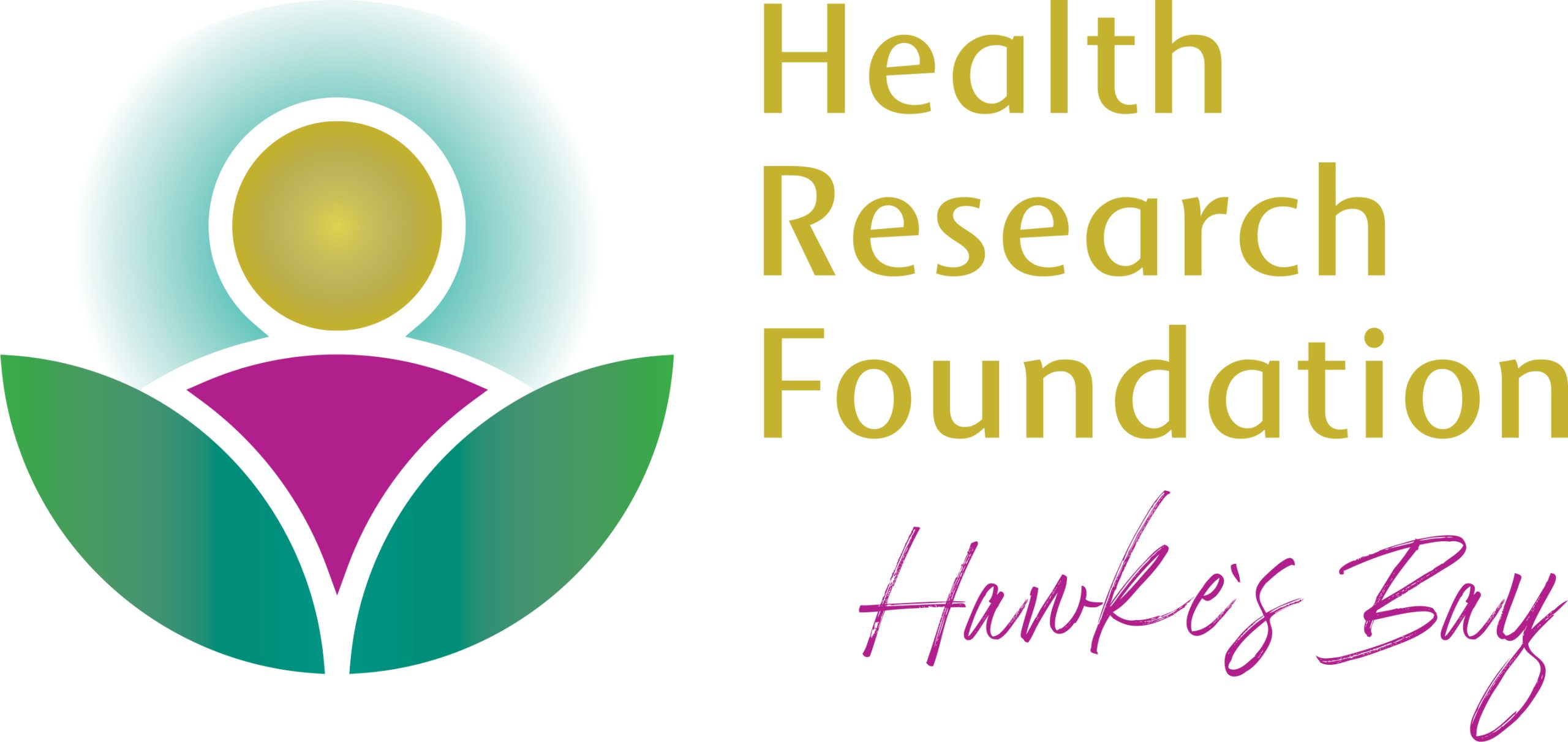Research Projects
Discoverers of Tomorrow
Today’s young medical professionals are our discoverers of tomorrow. Investing in the future generation is an important role of The Foundation through providing funding support for “studentships” – small study projects under supervision, for undergraduates, postgraduates and specialist research training. One young doctor the Foundation is supporting, is Tamsin Roberts, a former junior medical officer…
Read MoreLearning from our Older Generation
New Zealand has an ageing population. Today the percentage of population over the age of 65 is nearing 15% and by 2050 this is projected to have increased to 25%. By 2050, one in every four New Zealanders will be aged 65 or older, compared to one in eight today. During the past 50 years, The…
Read MoreAsthma Research – Local Research, Global Impact
A global issue, Hawke’s Bay, through the Foundation, has been at the coalface of research into the disease. More than six thousand children, between the age of six and fourteen years who lived in Hawke’s Bay during 1992-1993 have been part of the largest worldwide collaborative research project ever undertaken. The International Study of Asthma…
Read MoreSexually Transmitted Infections
The Hawkes Bay region has higher than average population case rates of sexually transmitted infections Young people in Hawkes Bay and nearby Tairāwhiti, MidCentral and Whanganui DHB regions have some of the highest rates of bacterial sexually transmitted infections (STIs) in New Zealand. STIs like chlamydia and gonorrhoea are one of the main preventable causes…
Read MoreWorking in the Community
Foundation provided financial support to adapt the VIP model for primary healthcare, which was trialed at The Hastings Health Centre and coordinated by nurse Helen Francis. During the first 18 months of this programme 2849 women were asked about their safety. Of these 140 were experiencing abuse and health clinicians had concerns about another 58…
Read MoreWe Talk about Family Violence
New Zealand has moved from a country where the ugly issues of child and partner abuse were rarely approached, to a nation where thousands of medical professionals are well trained and supported to ask the difficult questions and respond safely. In 2002 a small team from the Hawke’s Bay District Health Board; Service Manager Mollie…
Read MoreBack to Sleep
New Zealand has one of the highest rates of cot death or Sudden Infant Death Syndrome (SIDS) in the world. The Foundation’s support allowed Hawke’s Bay to participate in a three-year national study (primarily funded by Health Research Council), which led to world-wide change on the best way to sleep newborns. The research relied on…
Read MoreHypoglycaemia Prevention in Newborns with Oral Dextrose
Hypoglycaemia (low blood sugar) is the commonest metabolic condition of the newborn. It affects up to 15% of babies, and the incidence is increasing as risk factors such as maternal diabetes and preterm birth are becoming more common. Neonatal hypoglycaemia frequently leads to neonatal intensive care unit (NICU) admission and may cause long-term brain damage.…
Read MoreDr Max Berry’s Neonatal Research
What’s the reason musician Stevie Wonder is blind? He was given too much oxygen when he was born six weeks early. Research has shown how to do this safely now, so who are the forward thinking doctors doing this kind of research these days? Who is innovating the care we give and provide to pre-term…
Read MoreNew Research for 2016
The Hawke’s Bay Medical Research Foundation made grants of up to $30,000 for the 2016 year. Jacqueline Benschop What is the role of the environment in the transmission of pathogenic Leptospira. Amount $8,000 Andi Crawford Doctorate of Philosophy in Psychology: Executive functioning, social cognition and adaptive behaviour in children with Foetal Alcohol Spectrum Disorder. Amount…
Read More